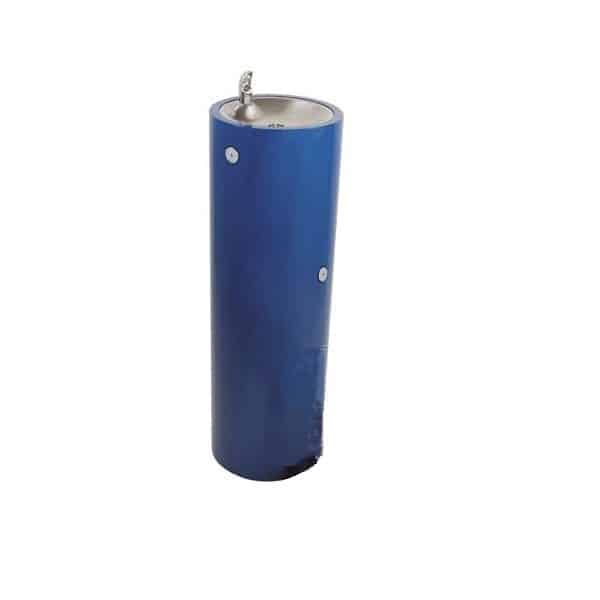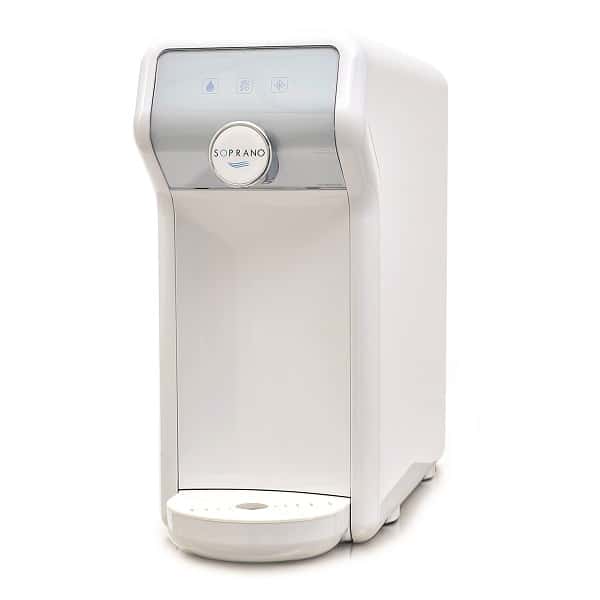Academy
Spa brands
In this section you will find a range of practical information related to our solutions. In the articles, we share our experience, discuss implementation steps and highlight good practices. It is a reliable source of information and advice on the provision of drinking water in public spaces, the legal regulations in this area, the benefits of installing drinking water dispensers and the technological aspects in this field.
We look forward to reading!
How to reduce plastic waste on a college campus - a case study from a US campus
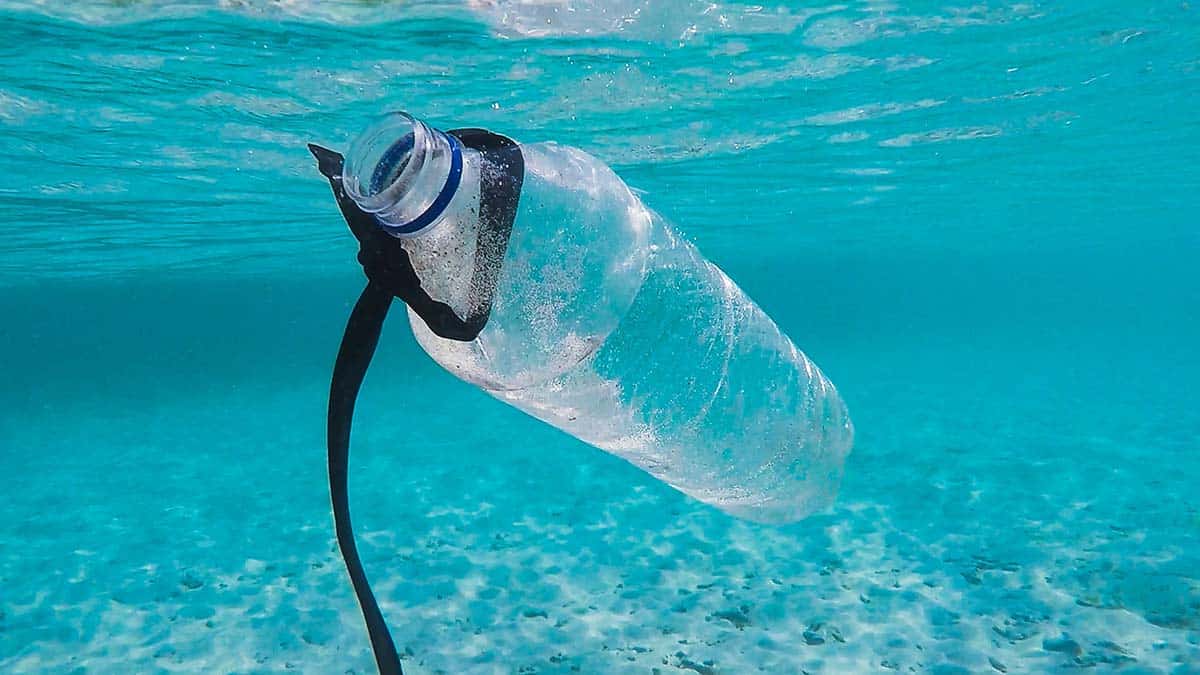
We discuss the issue of making drinking water available on campuses and in schools - how the right educational process and awareness-building influences young people's informed choice between bottled water and tap water.
Although the information presented below refers to the situation in the United States, similar problems also occur in Europe. In Poland, too, despite extensive educational and information campaigns, the prevailing belief is that tap water is unfit for drinking. However, with systematic work and the introduction of appropriate solutions, we are able to change habits and thus introduce real changes in our environment. We encourage you to read on.
After reviewing several studies conducted at different universities around the world, the researchers found that perceptions of water quality determine the choice between bottled water and tap water.
These perceptions include the taste, appearance and smell of the water and whether people think the water is safe to drink. Other factors come down to personal preference, convenience and price.
Interestingly, among the participants in the Mexico City study, although many survey participants said they believed tap water was safe, 62% said they could not be sure that the water distributed at university water stations was safe. Of those who were unsure, 76% said they did not even know where to find this information.
This means that only 20% participants believe that the quality of bottled water is better than tap water. The study states: "This condition is closely related to perceived health risks, the presence of contaminants and other factors that may be hidden. Consumers generally do not have enough information to support such an argument'.
Empirical evidence: is tap water safe to drink?
The survey shows us that even if people think their tap water is safe, they have no evidence to support this opinion. On the one hand, they have been told that their water is safe, and on the other they have heard story after story about contaminated water sources. No wonder there is so much confusion.
So it's no surprise that even those concerned about the amount of plastic in the environment are reaching for bottled water from general shops. Firstly, it is readily available, and secondly, 'better safe than sorry'.
Overcoming this belief can be as simple as providing students, staff and lecturers with up-to-date information on the water quality of the system and making it easily accessible. Where can this information be found?
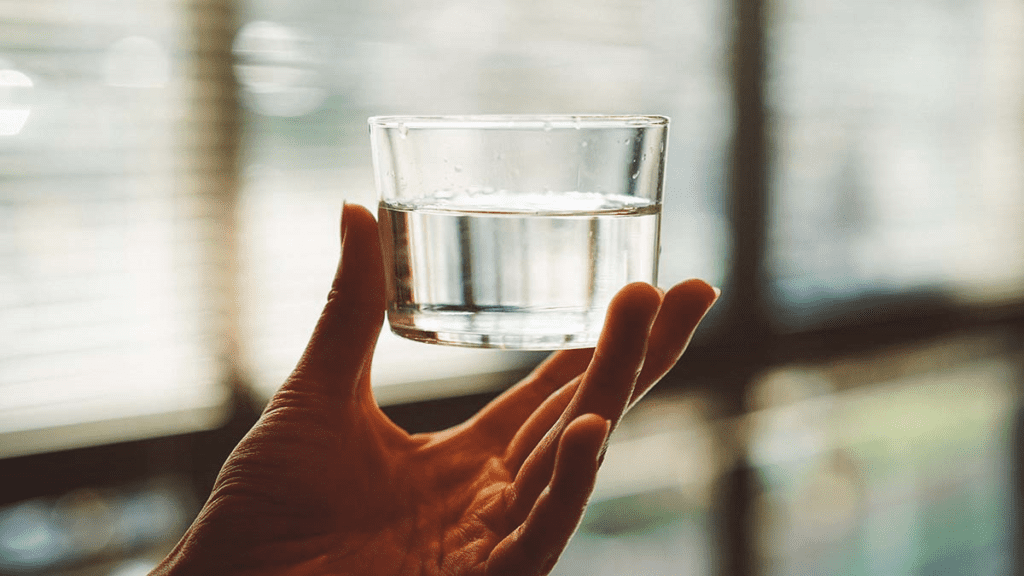
Report on consumer confidence in your region
In the US, the EPA requires public water supplies to be clean and safe. Each utility must provide a Consumer Confidence Report (an annual report on drinking water quality) each July.
These reports include information such as the source of the drinking water, any risk of contamination of that source, levels of any contaminants in the drinking water, information on nitrate, arsenic or lead in areas where these contaminants may be a problem, and much more.
Although these reports are provided to customers annually, they are readily available on the water supplier's website and through the EPA.
Guidelines for facility-level testing
What these reports do not show is the deterioration of water quality once it leaves the water supply. After leaving the water mains and passing through lead plumbing parts (pipes, fittings and fixtures), the water can become contaminated. The water must be tested at the facility and at the fittings to determine these risks. However, there are no federal guidelines for this type of testing.
Some states and school districts have regulations on how often water must be tested for lead, but some do not, and the decision is left to individual schools. For schools that want to implement a testing procedure, the EPA has a toolkit for increasing access to drinking water in schools, which includes information on how to report test results, both positive and negative.
Overcoming negative beliefs
As the survey referred to earlier shows, respondents said they did not have information about the water quality on their campus or know where to find it. University and college campuses can quickly rectify this. Up-to-date information can be posted next to hydration stations. You can create eye-catching posters with basic information to reassure students, faculty and staff, and provide a QR code to access detailed test results. You can even go a step further by ordering water coolers and bottle fillers with filtration systems.
Bans on single-use plastic bottles
Only a few universities have implemented a ban on single-use plastic bottles. While students like the idea and usually drive change, it is not always practical. Some of the biggest hurdles to overcome are schools' contracts with drinks companies supplying bottled water and fizzy drinks, juices and energy drinks. There is also the concern that if you eliminate water as an option in campus vending machines, students will be forced to choose less healthy options. Of course, installing hydration stations that provide students with easy access to water can alleviate this problem.
Even if you do not see a way to ban plastic water bottles on campus, you can learn how to reduce their use from schools that are successfully implementing total bans.
Partnerships to Uplift Communities (PUC) Schools, a not-for-profit organisation of 14 schools authorised by the Los Angeles Unified School District, has succeeded in introducing a total ban on single-use plastic bottles.
We understand that bans in primary and secondary schools are very different to those in universities, but remember that these students will soon be your students. Plastic water bottle bans will be their set expectations.
How did they do it? According to Pathwater, there are three key elements:
- Providing inexpensive reusable aluminium bottles that are 100% recyclable
- Availability of water bottle fillers
- Environmental education to encourage reuse and recycling
While we cannot help with the first component, we can satisfy the second and point in the right direction for the third.
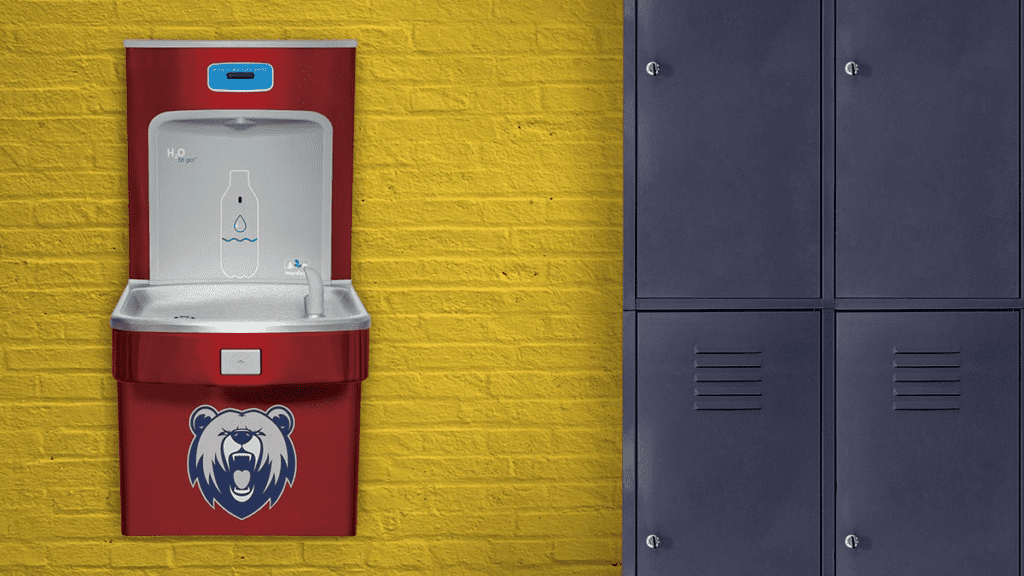
Murdock Manufacturing develops and manufactures durable reusable bottle filling stations, ideal for schools of all types. They are sensor-controlled to prevent the spread of germs and deliver water in line with safety regulations for lead-free products.
Regarding the third point, environmental education, we recommend contacting your local water authority. Either they will have materials to give you, or they will point you to an organisation that deals with this kind of thing all the time.
Contact us if you have any questions about how indoor/outdoor bottle filling stations, water dispensers and drinking fountains can help your campus reduce single-use plastic bottles.
The case study described comes from the USA from our manufacturer Murdock. Original text available HERE.


